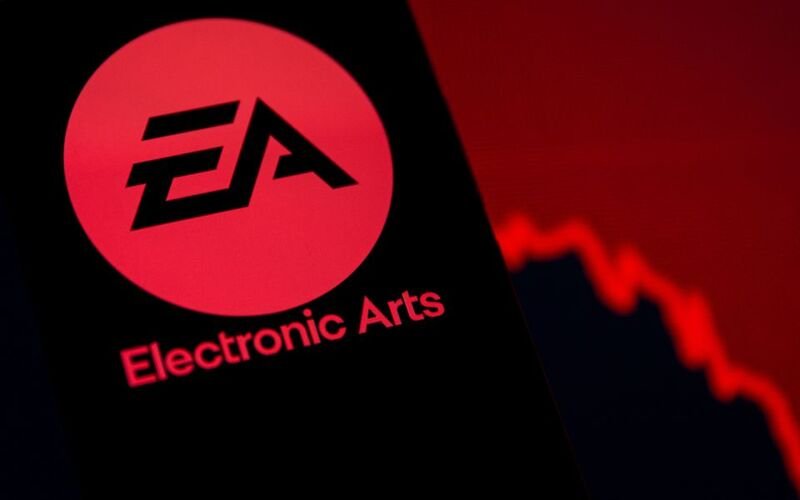Electronic Arts (EA.O) wagered that its “FC 24” title would sustain the momentum in its best-selling franchise and serve as a buffer against an industry downturn when it released its first soccer game without the FIFA label on Friday.
According to media sources, a nearly three-decade alliance between EA and FIFA ended last year due to demands that the videogame publisher raise its $150 million monthly payments to FIFA.
As a result, “FC 24” no longer has the exposure and commercial clout the FIFA brand did. The game’s performance is essential to EA since, according to some experts, the series is responsible for a significant portion of the company’s sales and $32 billion market worth.
“The end of such a high-profile partnership… creates an uncertain future for the publisher,” said Joost Van Dreunen, a lecturer at NYU’s Stern School of Business, in his newsletter. The situation is keenly watched by investors and players concerned about how it will affect EA’s capacity to produce income and fear a weakening of the franchise.
EA has tried to increase the popularity of “FC 24” by adding new features, including cross-platform play and HyperMotion V technology, which programs in-game movements using data from actual film.
The ordinary version of the game costs $69.99 to buy in the US, while the ultimate edition costs $99.99.
Analysts also feel that the FIFA split should increase “FC 24’s” marketing expenditure because “FC 24” has kept its licenses to most soccer leagues, clubs, and players.
“EA spent under 10% in marketing prior to losing the FIFA name, and they’re able to probably double that to 16%,” said Wedbush Securities analyst Michael Pachter.
“I’m confident that sales won’t suffer…the company is expecting a small decline and they’re talking about like 5%.”
Pachter also emphasized the popularity of the franchise’s Ultimate Team game feature, which generates more than a billion dollars in revenue yearly by allowing players to assemble virtual teams using card packs they buy.
This has aided EA when other titles, such as Apex Legends, are experiencing post-pandemic lulls. Last quarter, the company’s net bookings fell short of projections, and in March, it fired 6% of its workers.
































Comment Template